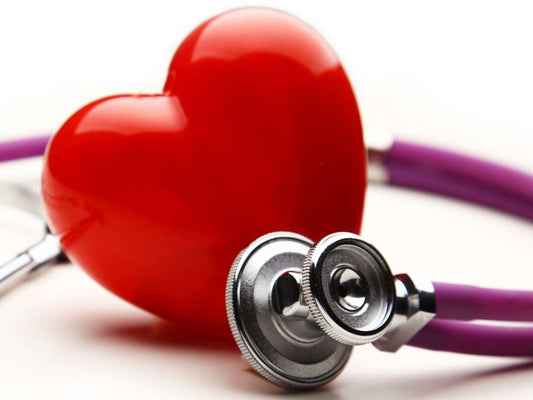Keen to improve your heart health and reduce stubborn body fat?
Overweight individuals are at risk of higher levels of cholesterol in their blood, which may increase their risk for cardiovascular disease. For this reason, weight loss is often recommended to help lower cholesterol. While weight loss is an effective tool for lowering cholesterol, it may temporarily raise cholesterol. Here's why ...
If you’re in the process of losing weight and your blood cholesterol levels have risen, despite your weight loss, don’t panic. It’s completely normal for blood cholesterol levels to go up temporarily as your body burns stored fat. You may not see accurate blood cholesterol readings until your weight has stabilised for 8-12 weeks, and your blood cholesterol levels have had a chance to normalise.
When we lose weight, we mobilise stored fat, so the cholesterol normally stored in fatty tissue will be released into our bloodstream, causing a transient rise in blood cholesterol levels. This effect is not permanent and cholesterol levels will commonly decrease as your weight stabilises. Medications used to treat high cholesterol may not be effective in controlling cholesterol when it comes from fatty tissue stores.
There are several factors, in addition to losing weight, that may further improve your lipid profile:
- as mentioned, your weight needs to be stable at your goal for 8-12 weeks. This means your body fat percentage needs to be in the 'healthy range' (men <22% and women <32%) and your visceral fat score needs to be below 10.
- You need to continue including high fibre plant foods in each and every meal, plus a daily fibre supplement (eg: psyllium husks)
- Curb alcohol consumption (5 alcohol-free days/week), as it can negatively impact your cholesterol levels and blood pressure
- Curb sugar and refined carbohydrates, as well as processed vegetable oils
- Include unrefined, health fats and oils in your diet, such as omega 3 (oily fish, fish oil supplement), avocado, raw nuts & seeds and cold-pressed, extra virgin olive oil.
- Participate in regular, daily exercise
If you have reached your goal weight, you're abiding by all of the above and your cholesterol remains elevated, it may be time to chat with your doctor about the following:
- assess your ratios. Has your HDL (protective) cholesterol increased? Have your triglycerides decreased? Remember, it's not only about the total cholesterol.
- ask your doctor about testing the 'particle size' of your LDL. If it's healthy, fluffy large particles, it's unlikely to be harmful. If your LDL is small dense particles and oxidised, this can be an issue - even if your LDL is low.
- ask your doctor whether a 'Calcium Score' test is appropriate for you. This is a scan to look inside your arteries to determine your level of arterial plaque, if any.
























